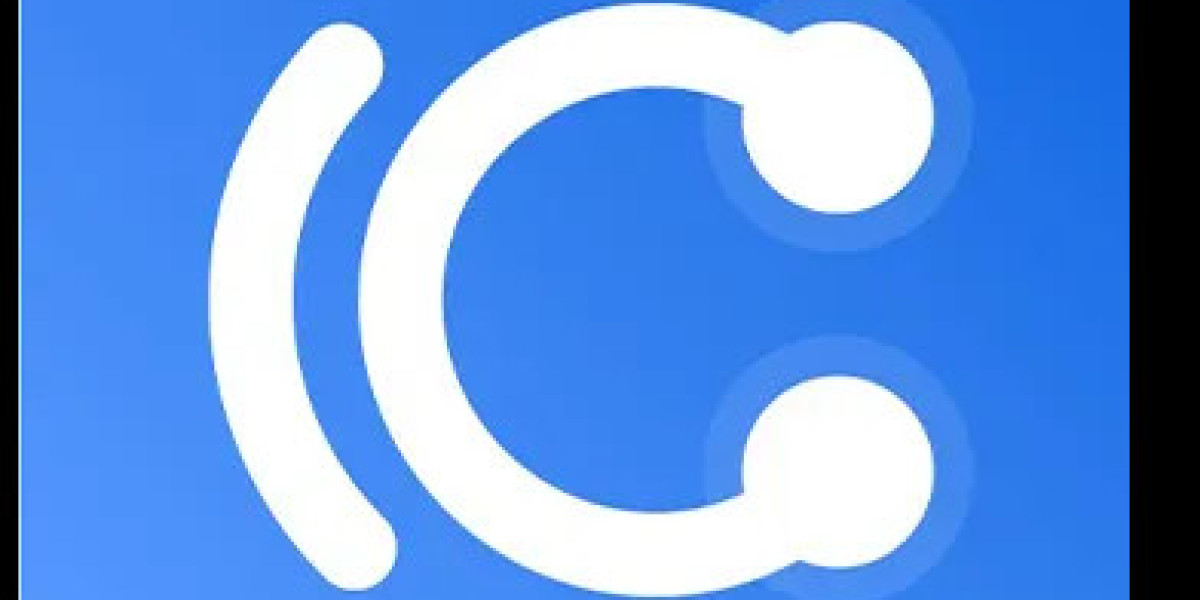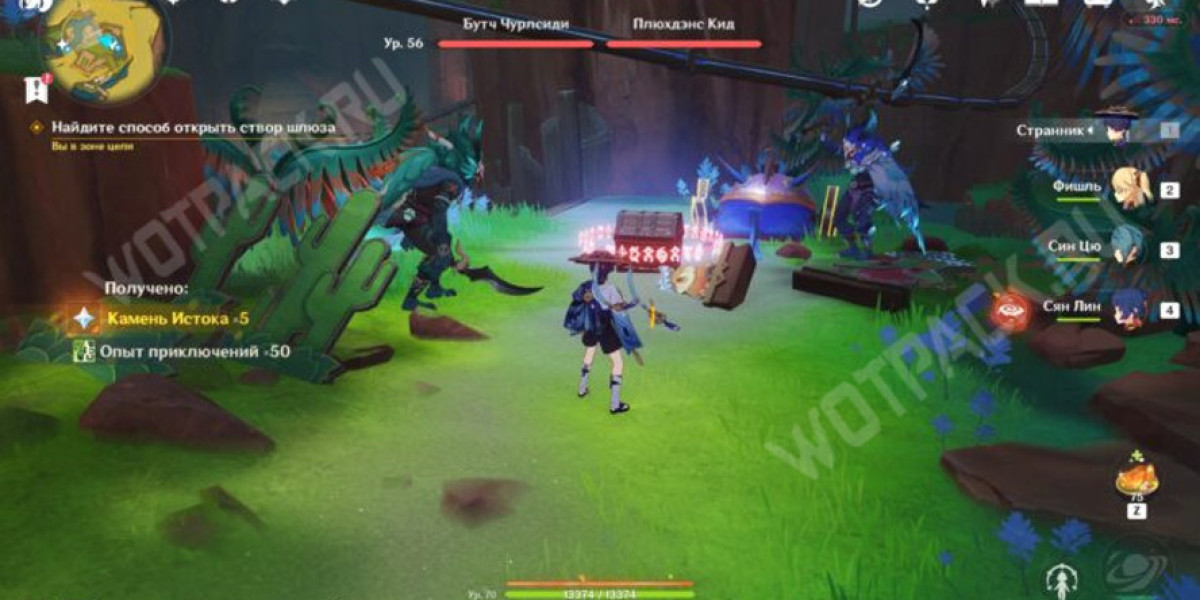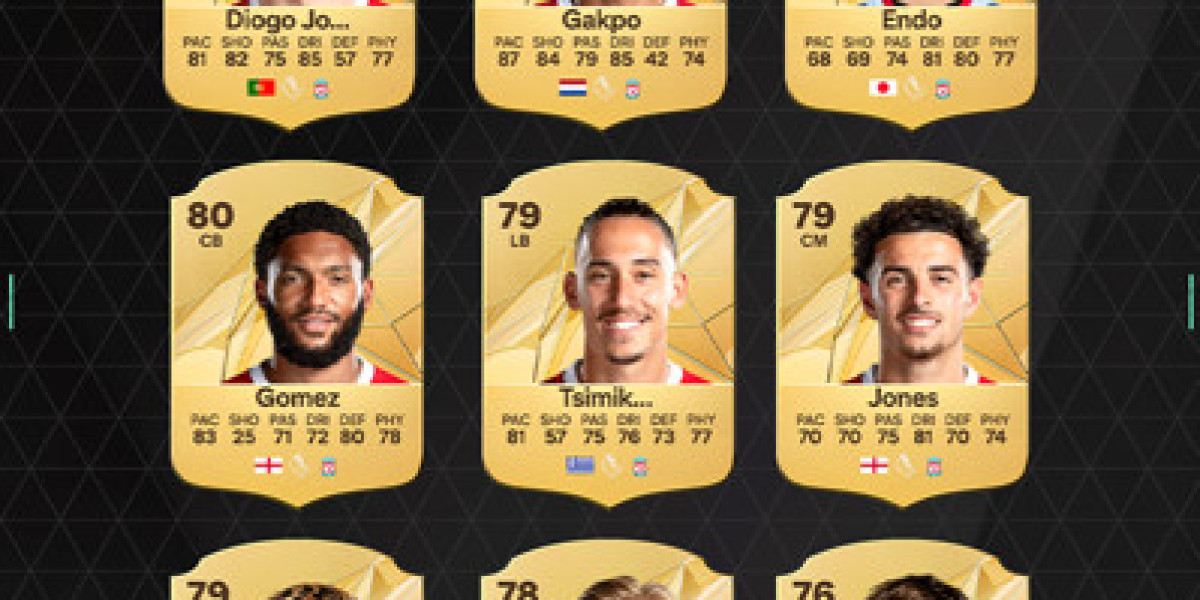Influencer marketing has transformed from a niche experiment into a core strategy for brands of all sizes. Behind every successful influencer collaboration is a team of professionals ensuring everything runs smoothly. Among them, campaign managers are the unsung heroes of every influencer marketing agency. They oversee strategy, execution, and performance, acting as the bridge between brands, creators, and audiences.
In this article, we take an inside look at what a typical day looks like for campaign managers at an influencer marketing agency. You’ll learn how they coordinate campaigns, manage relationships, analyze performance, and make sure every deliverable aligns with a brand’s goals.
Understanding the Role of Campaign Managers in an Influencer Marketing Agency
Campaign managers are responsible for the full lifecycle of influencer marketing campaigns. Their role blends creativity, communication, data analysis, and project management. Unlike traditional advertising managers, they work with individuals—real people with unique voices—rather than faceless media channels.
Key responsibilities typically include:
Developing campaign strategies aligned with brand objectives
Researching and vetting influencers for brand fit
Coordinating contracts, content approvals, and timelines
Monitoring campaign performance in real time
Reporting results with actionable insights
This diverse skill set means no two days are the same. Let’s walk through a typical day to see how these tasks unfold in practice.
Morning: Strategy and Coordination
Most campaign managers start their day by reviewing ongoing projects. Influencer campaigns are dynamic and time-sensitive, so mornings are dedicated to catching up on emails, reviewing messages from clients or influencers in different time zones, and assessing whether any deliverables are delayed.
Setting Priorities for the Day
Campaign managers create detailed to-do lists to prioritize high-impact tasks. This often includes:
Confirming influencer content drafts are ready for review
Ensuring brand teams have provided feedback on submitted content
Checking that contracts and deliverables are on track
Internal Team Meetings
At many influencer marketing agencies, mornings include internal stand-up meetings. These brief sessions allow campaign managers to:
Align with creative teams on visual guidelines
Confirm legal teams have vetted influencer contracts
Share performance updates with senior strategists
This alignment ensures campaigns are consistent across departments and client expectations are met without surprises.
Midday: Influencer Communication and Content Approvals
By late morning or early afternoon, campaign managers shift to direct communication with influencers. This is when relationship-building becomes critical.
Building Strong Creator Partnerships
Influencers are not just marketing tools—they’re individuals with their own creative styles. Campaign managers at top influencer marketing agencies respect this by fostering transparent, respectful communication. They discuss creative ideas, resolve misunderstandings, and encourage influencers to inject their authentic voice into campaigns while still meeting brand requirements.
Reviewing Content for Compliance and Quality
Campaign managers carefully review influencer content to ensure:
It aligns with brand guidelines
Disclosures comply with advertising regulations
Messaging remains authentic and non-intrusive
For example, if a skincare brand requires influencers to mention specific ingredients or demonstrate how to use a product, campaign managers verify that these details are included before approval.
Afternoon: Monitoring Campaign Performance
Once content goes live, campaign managers spend afternoons analyzing performance. They use real-time dashboards and analytics tools to ensure campaigns stay on track.
Key Metrics They Track
Engagement Rate: Are audiences liking, commenting, and sharing content?
Reach and Impressions: Is the content being seen by the right audience?
Click-Through Rate (CTR): Are viewers moving from social content to a brand’s website?
Conversions: Are influencer posts directly driving sales or sign-ups?
Optimizing on the Fly
If performance dips, campaign managers quickly adjust strategies. For example, they might:
Ask influencers to post at different times for better engagement
Boost content through paid amplification
Adjust creative briefs to highlight different product features
This agility helps influencer marketing agencies maximize ROI while campaigns are still live, rather than waiting until the end to make improvements.
Late Afternoon: Reporting and Client Communication
Campaign managers dedicate the latter part of their day to preparing updates for clients. Transparency builds trust, so influencer marketing agencies ensure brands always know where campaigns stand.
Preparing Reports
Reports include:
Detailed analytics dashboards
Screenshots of live content
Insights on audience demographics and sentiment
These reports highlight what is working well and provide recommendations for future campaigns.
Client Meetings
Many campaign managers spend afternoons on calls with clients to review progress. They answer questions, explain performance metrics, and align on any necessary changes. By maintaining clear communication, they reinforce the agency’s role as a strategic partner rather than just a service provider.
The Tools of the Trade
Running influencer campaigns efficiently requires a mix of project management and analytics tools. Common platforms include:
Influencer discovery tools to identify the best-fit creators
Contract management software to streamline agreements
Analytics dashboards to track performance in real time
Collaboration tools like Slack or Asana for internal communication
These tools allow campaign managers to handle multiple campaigns simultaneously while maintaining high attention to detail.
Challenges Campaign Managers Face
Even at the best influencer marketing agencies, campaign management is not without obstacles:
Content delays: Influencers may miss deadlines due to creative revisions or personal issues
Algorithm changes: Social media platforms frequently update their algorithms, impacting reach
Audience sentiment shifts: Negative feedback requires quick response and crisis management
Budget limitations: Smaller campaigns must compete for attention against big-budget brands
Successful campaign managers anticipate these challenges and build contingency plans into every strategy.
What Makes a Great Campaign Manager?
The best campaign managers in influencer marketing agencies combine hard and soft skills:
Organizational skills to manage complex projects
Creativity to develop engaging campaign concepts
Analytical thinking to interpret performance data
Empathy and communication to nurture influencer and client relationships
They thrive in fast-paced environments and stay calm under pressure, making them invaluable to both the agency and the brands they serve.
Final Thoughts: The Human Side of Influencer Marketing Agencies
An influencer marketing agency may appear to be a machine driving brand visibility, but at its core, it’s powered by people—campaign managers who balance creativity with analytics, and relationships with results. Their day is a blend of planning, communication, and problem-solving, ensuring campaigns run seamlessly from concept to completion.
Understanding what happens inside an influencer marketing agency highlights why businesses trust these teams to handle their campaigns. The process is far more complex than simply finding an influencer and asking them to post. It requires expertise, collaboration, and continuous optimization to deliver measurable success.








